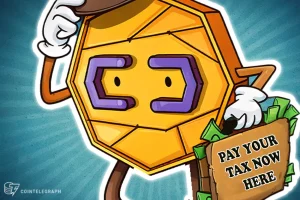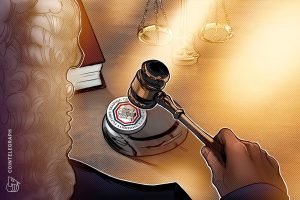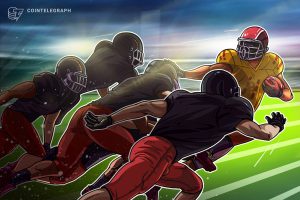Two bills that could be pivotal to the future of daily fantasy sports (DFS) regulation in Illinois are currently being discussed.
Two Competing Bills Offer Different Visions for DFS Regulation
The two bills in question are Senate Bill 2145, backed by Senator Bill Cunningham, and Senate Bill 1224, introduced by Senator Lakesia Collins.
If passed through the legislature, both bills would legalize daily fantasy sports in Illinois, but with differing restrictions, tax rates, and implications for operators.
From a tax perspective, SB 2145 proposes a tiered tax system, levying tax on adjusted gross receipts that could reach up to 40%. This would reflect the state’s existing sports betting tax structure. It also mandates a $500,000 licensing fee for DFS operators, which smaller operators have vehemently opposed, arguing that it would drive them out of the market.
Tim Jensen, COO of Real Time Fantasy Sports, warned the higher tax and licensing costs in SB 2145 would be devastating for small operators. “The half-million dollar licensing fee exceeds our total gross revenue for the state of Illinois and would effectively lock us out,” he told the Senate Gaming, Wagering and Racing Committee.
To Pick’em or Not to Pick’em, That is the Question
Cunningham’s legislation would also prohibit peer-to-peer contests, better known as Pick’em contests. This area was previously the center of debates about fantasy sports operators offering contests mimicking sports betting markets.
With the emergence of online sweepstake casinos, sports events contracts, and crypto sports betting, pick-’em-style contests are less prevalent in this legislative session.
SB 1224, on the other hand, would permit peer-to-peer and against-the-house fantasy contests and set a more moderate tax range of 10% to 15%.
PrizePicks, a more prominent operator in the space, unsurprisingly voiced support for Collins’ bill. Representative Shane Saum emphasized that against-the-house fantasy, where players compete against the platform rather than other users, differs from traditional sports betting. “You can put a glass of orange juice next to a mimosa, and they may look alike, but they are definitely not the same,” he said.
The Director of Policy for the Illinois Gaming Board, Joe Miller, warned that SB 1224 would “put the onus on the IGB to enforce industry whims, rather than on the fantasy sports industry to comply with regulation and oversight.”
Tax policy is also an area of contention, with industry operators arguing that the tax structure is uncompetitive and Senators arguing the opposite.
Stacie Stern, SVP at Underdog, noted: “Fantasy contests generate between 1/20th and 1/30th of the monthly revenue that sportsbooks generate.” Stern urged lawmakers to reflect that difference.
Senator Christina Castro defended the regulation: “You want the privilege to do business in Illinois, guess what, you’re going to pay for that privilege.”
Explore more articles like this
Subscribe to the Markets Outlook newsletter
Get critical insights to spot investment opportunities, mitigate risks, and refine your trading strategies. Delivered every Monday

Cointelegraph is a free to read website, by purchasing a product through affiliate links in our content, we may earn a commission at no extra cost for our readers. Which will allow us to finance our operations and continue with our research work for our readers. We ensure all recommendations go through in-depth editorial checks to maintain accuracy and quality. You can learn more about this on Content Guidelines and How We Rate pages.








